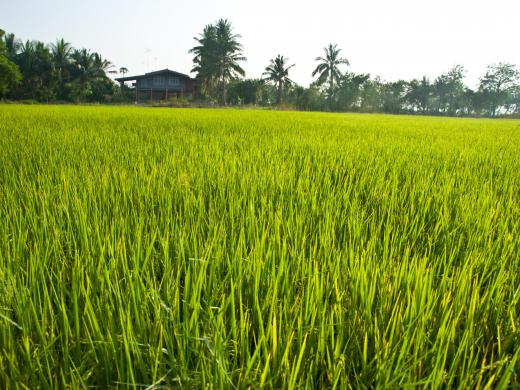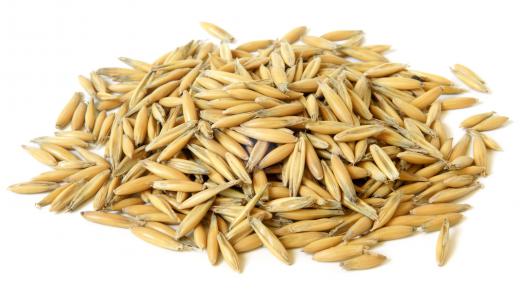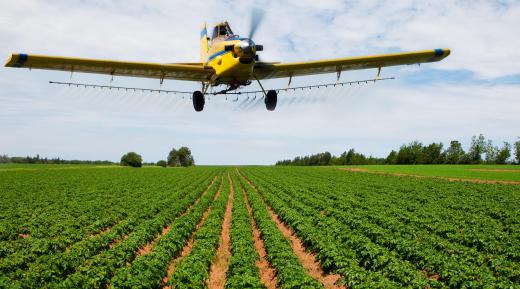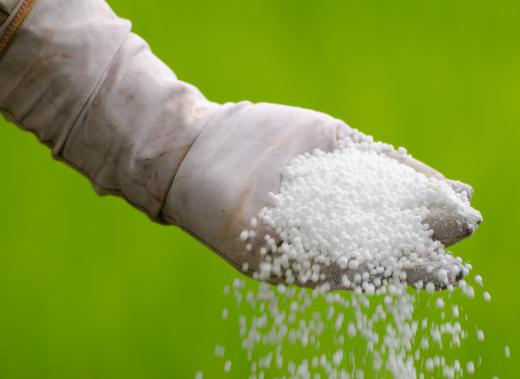Agriculture generally refers to the raising of a variety of plants and animals. This industry is one that is therefore dependent on many different agricultural products. Antibiotics, fertilizers, and pesticides tend to play a major role in the success of many agricultural ventures.
The animals that are raised for agricultural purposes range from ostriches to cows. Most animals have specific dietary needs, so what is given to one type of animal will typically not be suitable to feed all others. Different types of animal feed must therefore be produced. Compound feeds are agricultural products that typically combine raw materials such as corn or oats with additives such as vitamins and minerals. These may be fed to some animals but are not suitable for all animals.

For humans to have meat that is safe and beneficial for their health, they must get it from healthy animals. Antibiotics are often used to treat and prevent diseases in animals so that humans are not placed as risk. Animal antibiotics are also used to prevent outbreaks that could kill a flock or herd. Coccidiosis, for example, is a parasite that can affect sheep, pigs, and chickens. To prevent losses and the spread from one stock to another, animals are sometimes given anticoccidials to prevent this infection.

Insecticides are agricultural products that are produced to repel insects. Crops can be converted to useless matter if they are attacked by certain insects. It is important to prevent them from attacking the plants and to prevent the insects from laying viable eggs that will later produce threatening insects. Many insecticides accomplish both purposes.

Pesticides are also agricultural products that are designed to protect stocks. Pesticides are designed to kill a wider range of pests than insecticides. These products can be used to combat rodents, fungi, or viruses. There are pesticides available to treat both plants and animals.
Fertilizers are agricultural products that are used to promote plant growth. There are organic fertilizers such as compost and manure which are commercially available in some areas. Inorganic fertilizers are typically composed of chemicals such as urea or nitrogen and may be more accessible. The types of fertilizers that are used can be a matter of choice or a matter of government regulation.

Straw is a versatile agricultural product which is produced from dried plants. Straw is sometimes used for animal bedding in horse stables or chicken houses. It can be a source of food for animals such as cows and pigs. Straw is also used to cover plants and keep them warm during periods of cold weather.
